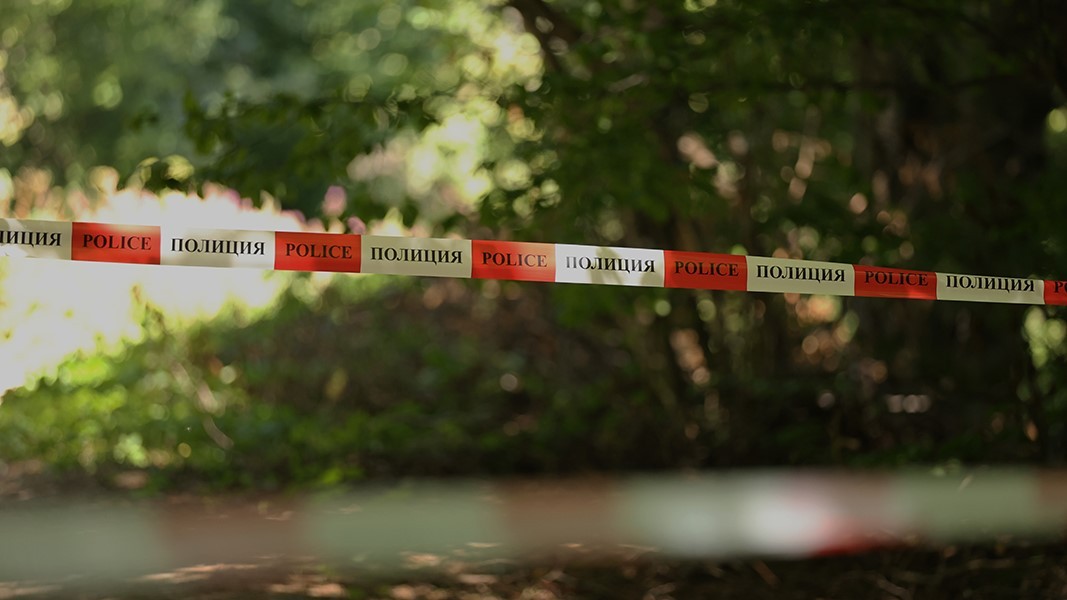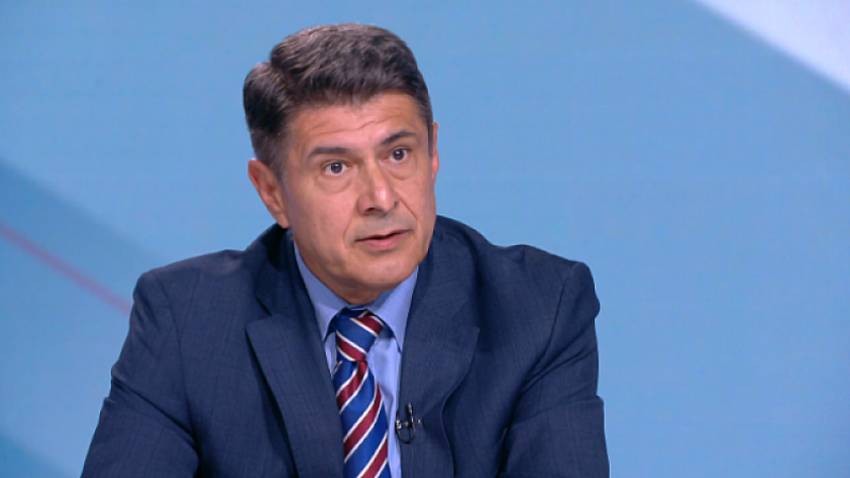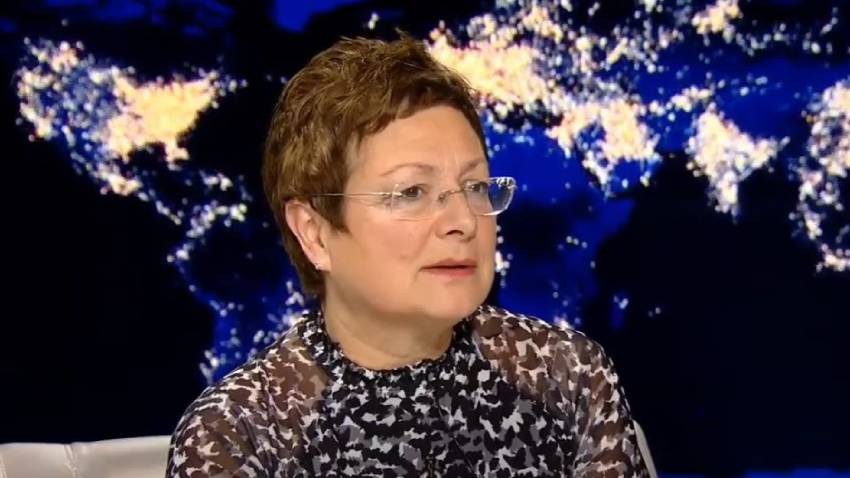It has been almost a week since businessman Alexey Petrov was shot dead - a figure connected with many things, including with the world of crime - and in that time all kinds of theories have emerged about the motive for the killing and who has an interest in commissioning his murder.

The information divulged at a briefing last week, after a meeting of representatives of the Interior Ministry and the security services, convened by Prime Minister Nikolay Denkov, was that the investigation had found evidence connected with the killing though no details were given.
“The police are doing their job well, even though not much information from the investigation has been reaching the media,” said for Nova TV criminologist Ivan Savov. “The hiring party could be anyone from a broad circle of people, as in the past, Petrov has been a mobster, and he has been investigated a number of times through the years.”
“I know facts and circumstances connected with Alexey Petrov’s activities going back 30 years. And for 30 years the authorities have been unable to make sure justice is done,” commented Dimo Gyaurov, former director of the National Intelligence Service in an interview with bTV, and added: “He is a man with a sick ego who wanted to appear normal, and to hold a high office in the country, and to escape his past. His past as a gangster caught up with him,” said Dimo Gyaurov and added that it is too early to make any conclusions because “with this level of preparations, and in view of the fact the weapon has not been found the chances of finding the hiring party are very slim.”
Journalist Emilia Milcheva commented for the BNR:
“The special services and the Interior Ministry chief secretary owe the public answers about the killing of Alexey Petrov. Their work so far needs to be analyzed. They have new tasks that are connected with the blood-red line set by the war in Ukraine,” the journalist said, and added that more thought should be given to the changes the government wants to put through in the security sector. “It is the easiest thing to change the law and to replace the heads of the security services. But what happens to these services afterwards,” she asks.
According to Tihomir Bezlov, “the crisis in our services is that the world of crime is using them, not the other way around. They do not have the tools to counter this influence, and what makes it all the more dangerous is that there are politicians willing to keep this influence going,” Tihomir Bezlov said. Alexey Petrov’s biography is not typical of an influential figure from the period of transition, he says:
“He is one of the few examples of people who combine so many different roles in life – a past in sports, formerly of the special forces, recruited at an early age by the communist state security, his insurance business, his ambitions to head the State Agency for National Security etc. Having founded a company dealing in insurance he quickly began to grow as an economic factor using all possible criminal tools to this end – racketeering, violence, but he quickly came to realize that cooperation with the security services will open up incredible opportunities for him. And these services gave him access to the political elite in the country.”
Former interior minister Ivan Derfemrdzhiev says that the execution-style murder of Alexey Petrov is absolutely inadmissible, having been carried out ostentatiously and obviously with no worries on the part of the perpetrators:
“When you create such an upheaval in the security system you have to expect a weakening of the state, and of the security sector respectively. That is only logical.”
And commenting on the sharp response to the news of Alexey Petrov’s murder by the co-chair of We Continue the Change Kiril Petkov who demanded “urgent and deep-going reforms in the security services,” Ivan Demerdzhiev says it is very dangerous to “mess with the services with political declarations:
“In the space of ten months my team, and I replaced four regional directors, now more than half of them have been replaced in the space of two months. The new minister has the right to make replacements, but when you are replacing more than half of the directors you have to give a clear motivation because every act of this kind sends a clear signal to society and to the Interior Ministry. These people have to fight very serious crime, and if they do not have the assurance that they will only be replaced on the basis of their qualities and the results of their work, it would be very difficult to expect them to work effectively against crime. Lack of trust has to be motivated,” he says.
Compiled by Yoan Kolev
Translated and posted by Milena Daynova
Photos: BGNES, freeze frame bTV, freeze frame TV1
"We cannot escape from modern technologies, but we must think about how we can use artificial intelligence to improve the quality of education without losing human contact," said Mimi Nicheva, head of the Bulgarian Sunday School "Sts...
Nearly two centuries ago, in the distant 1838, the Bessarabian Archbishop Dmitry Kishinev and Khotinsky consecrated the magnificent Orthodox church "The Holy Transfiguration of the Lord" , built with voluntary donations and labor by the Bulgarian..
Bringing youthful energy, colour and cheer to the Bulgarian National Radio studio, students from the Bulgarian Sunday School Dr Petar Beron arrived from Larnaca. The group from Cyprus — 16 pupils aged between 14 and 19 — is currently on a week-long..
Fertility Europe , the pan-European organization that represents patient associations focused on infertility issues, has announced the start of the 9..
The so-called Seal of Biliteracy was created in 2011 in the US state of California with the idea that in the conditions of a globalized..
Today, in the Radio Bulgaria studio, we welcomed Helmut Matt – a writer, radio journalist and poet, who has maintained a special connection with Bulgaria..

+359 2 9336 661
